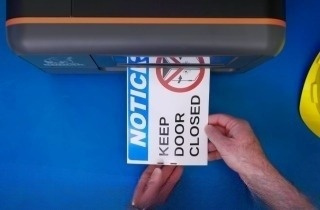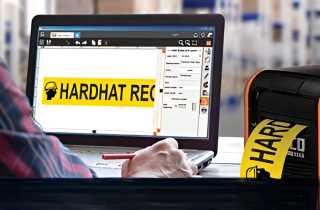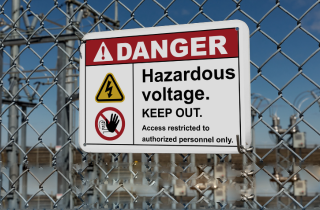Vintage Posters: Breaking Ground for Workplace Safety

Posters once united a nation. Iconic screen prints of Uncle Sam and Rosie the Riveter flooded lamp posts of times past, uniting a nation at war or in the throngs of the great depression. Even to those who don't remember this era, the posters evoke a strong emotional imprint of what it was like.
The digital age has all but replaced this tactile medium, but The Library of Congress has maintained an impressive online catalog of prints and photographs, preserving our history.
Among this catalog is The Work Projects Administration (WPA) Poster Collection. It consists of 907 posters produced from 1936 to 1943 by various branches of the WPA and was one of the first U.S. government programs to support the arts.
The posters were added to the Library of Congress holdings in the 1940s, and of the 2,000 WPA posters known to exist; the Library of Congress's collection of more than 900 images is the largest. The collection was designed to publicize exhibits, community activities, theatrical productions, and health and educational programs. Among these prints, are images of workplace safety ? posters that helped revolutionize workplace standards and safety procedures that keep our work fleet safe today.
The posters represent 17 states and the District of Columbia. The states of California, Illinois, New York, Ohio, and Pennsylvania have the strongest representation.
Publication Disclaimer
Posters in this collection were made by artists working for the Works Projects Administration, a "New Deal" program of the U.S. Government. There are no known restrictions on the use of these posters.
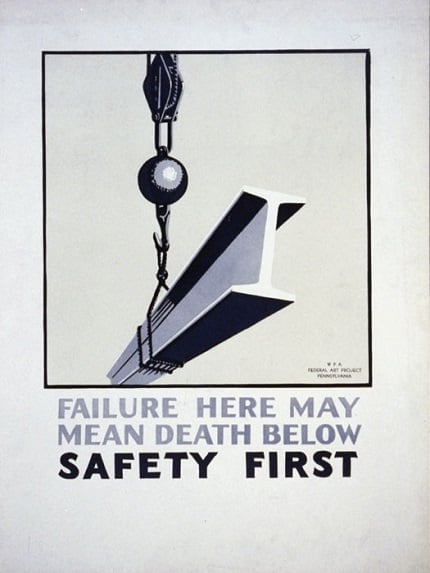
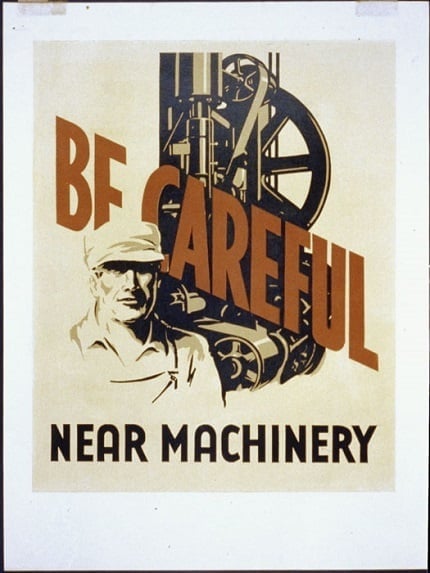
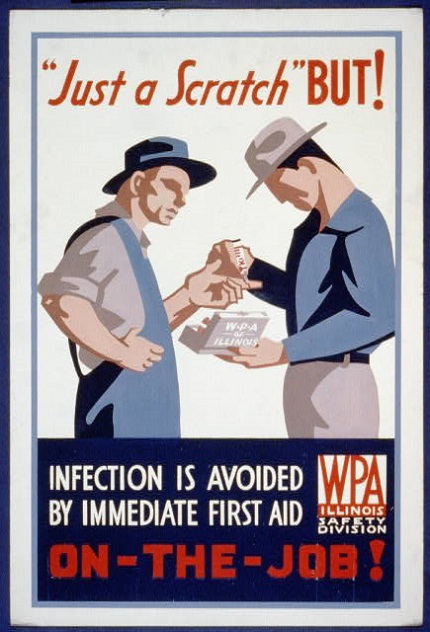
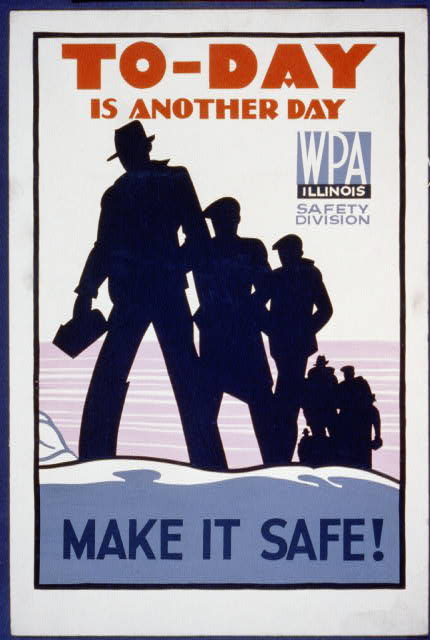
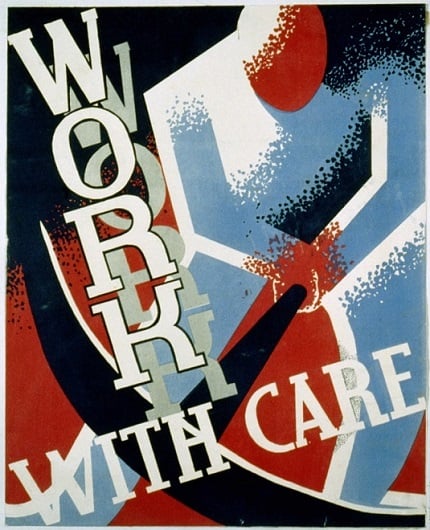
Related Resources

Safety Notes: The Importance of Safety Communication
Is your company cultivating a strong safety culture? It's important to cultivate and develop strong ...
Read
Survivor's Guide to Confined Spaces Safety
Working in confined spaces presents unique challenges and hazards that require specialized knowledge and ...
Read
Improve Safety Inside and Around Storage Tanks
The demand for large industrial storage tanks is increasing. Workplaces can step up safety by improving ...
Read.png)

